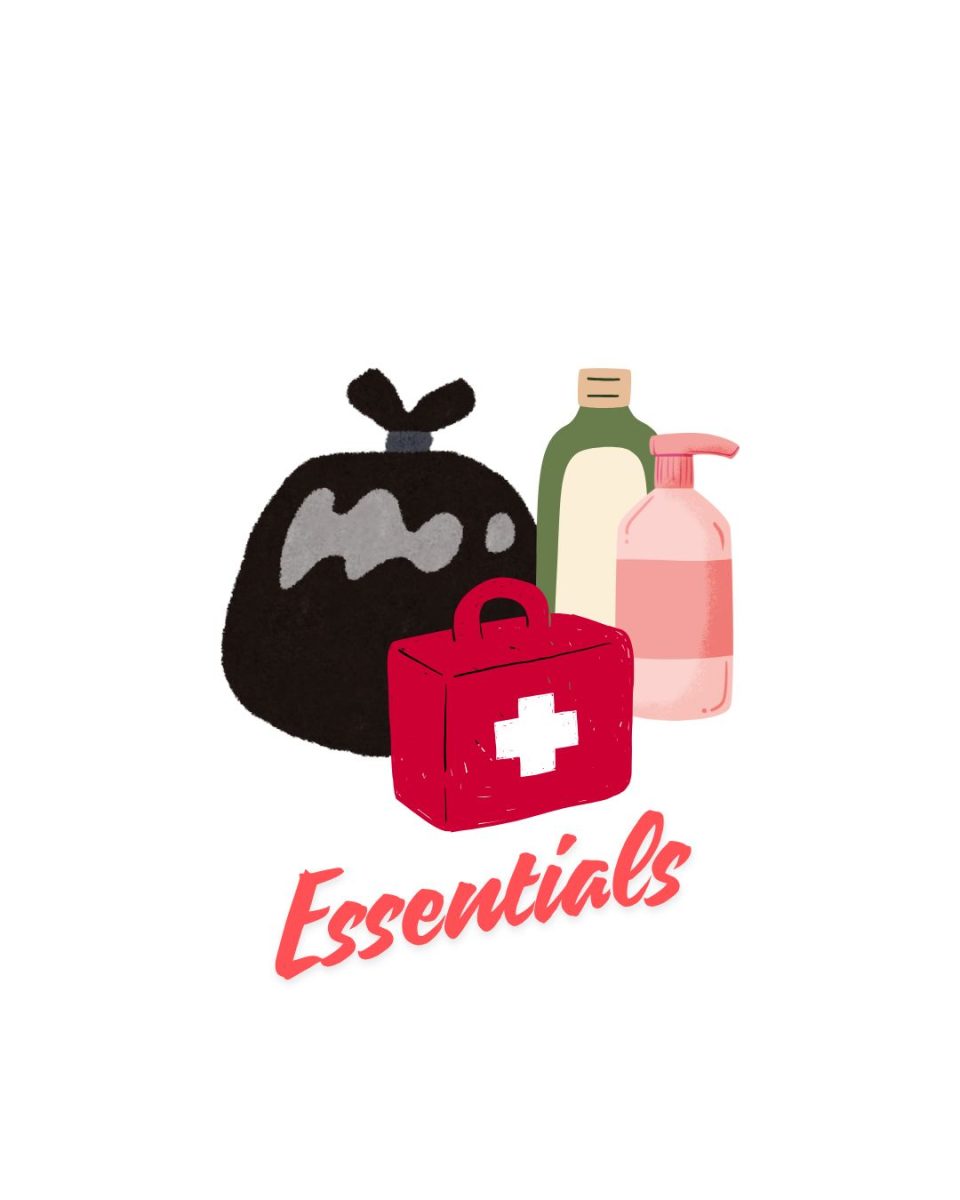My family took COVID-19 seriously. While most members of my household are young and would probably survive the virus, we have rather negative opinions of accidentally killing the infirm by way of negligence. So when I returned home from Rowan in March, in the middle of my junior year spring semester, thus began my long months of lockdown.
I don’t think I need to iterate all of the ways that it’s been difficult to live during a pandemic. You (every reader that this article could possibly have) all know this. You all know the loneliness, the fear, the screeching halt in personal productivity and loss of vital community. You all know what it feels like to lose faith — in safety, in health, in other people not buying every single roll of toilet paper tucked away inside of a Target. We all know these things, because we’ve all experienced them.
Spending time with myself has never been something I’ve been fully comfortable with. I love to talk, as anyone who has ever spent five minutes around me will likely be able to tell you. They’ll also likely tell you that I hate change almost as much as I love talking. I am like a house cat in that I thrive under two conditions: stability and a large space to occupy. The pandemic stripped me of both.
But only recently, now that I am back on Rowan’s campus, back to living with roommates, back to getting food at the Student Center and back to needing to be more productive than I ever have at any point in my life before — only now have I been able to reflect on the ways that my time in isolation had been positive for me.
Over the last six months, I’ve read about 30 books.
When I was a kid, I loved to read. It was my favorite thing to do at any given point of the day, no matter where I was, no matter who I was with. I’ve never been able to fall into television like a lot of my peers, but books filled that need for narrative and adventure. As I grew older, though, I met the common stressors that prevent so many people from reading — work, exhaustion, social obligations and a fear of starting things that can’t be easily finished.
When I needed something to fill the gap where there used to be a social life and small tasks and employment, though, books were still there for me. Books are loyal like that. In my second chance with reading, I didn’t just revisit old favorites, but transformed my relationship with literature. I began a love affair with nonfiction under lockdown. I met Jane Austen characters for the first time under lockdown. I started listening to audiobooks under lockdown.
Since nobody could see what I was reading and nobody would really ask me, I stopped picking titles I thought would be least embarrassing, and started reading whatever I wanted to. Under lockdown, I started to learn more about the kinds of things that I really like, and, by extension, the kind of person that I really am.
I haven’t read much or finished a single book since coming back to campus.
(The one resurrection I’ve successfully brought back to Rowan with me has been my childhood love for collecting Pokémon cards. Look: I really enjoy the art, and I like collecting things. I’m also now less embarrassed of the things that bring me true happiness; I’ve had time to think on it, and I’ve decided that I don’t care much about other people’s thoughts on how I spend my money.)
In a lot of ways, I am happy and grateful to be back on campus. I know that being busy and active and social are some of the things I find most fulfilling. I know that without those things under lockdown, I felt alienated from my goals and community.
But I also now know that, before the pandemic, I was most likely deprived of “alone time.”
Alone time in this context is not time spent alone while grinding away at tasks, nor is it time spent ruminating on how things could be different. Alone time in this context is just quality time spent with oneself. It took a pandemic for me to get enough alone time to understand how necessary it is to me.
Yes, even I, the person who talks so much, need alone time. I need time away from aggressively overworking myself and time spent away from aggressively compensating for how overworked I am with aggressive socialization. Everything at college is aggressive. But true alone time necessitates a kind of comfortable passivity.
Alone time is hard to accommodate when you’re living with three roommates, keeping involved with campus activities, attending classes, performing research and going back to business as usual. I miss the alone time. I miss the quiet moments. I miss filling the silence with something new and learning more about who I am as a result.
I do not miss being alone. But perhaps there is just something unsustainable about a culture so driven by productivity that it makes us long for the reprieve found in only our most difficult moments.
For comments/questions about this story, email [email protected] or tweet @TheWhitOnline.
























































































































































!["Working with [Dr. Lynch] is always a learning experience for me. She is a treasure,” said Thomas. - Staff Writer / Kacie Scibilia](https://thewhitonline.com/wp-content/uploads/2025/04/choir-1-1200x694.jpg)









































